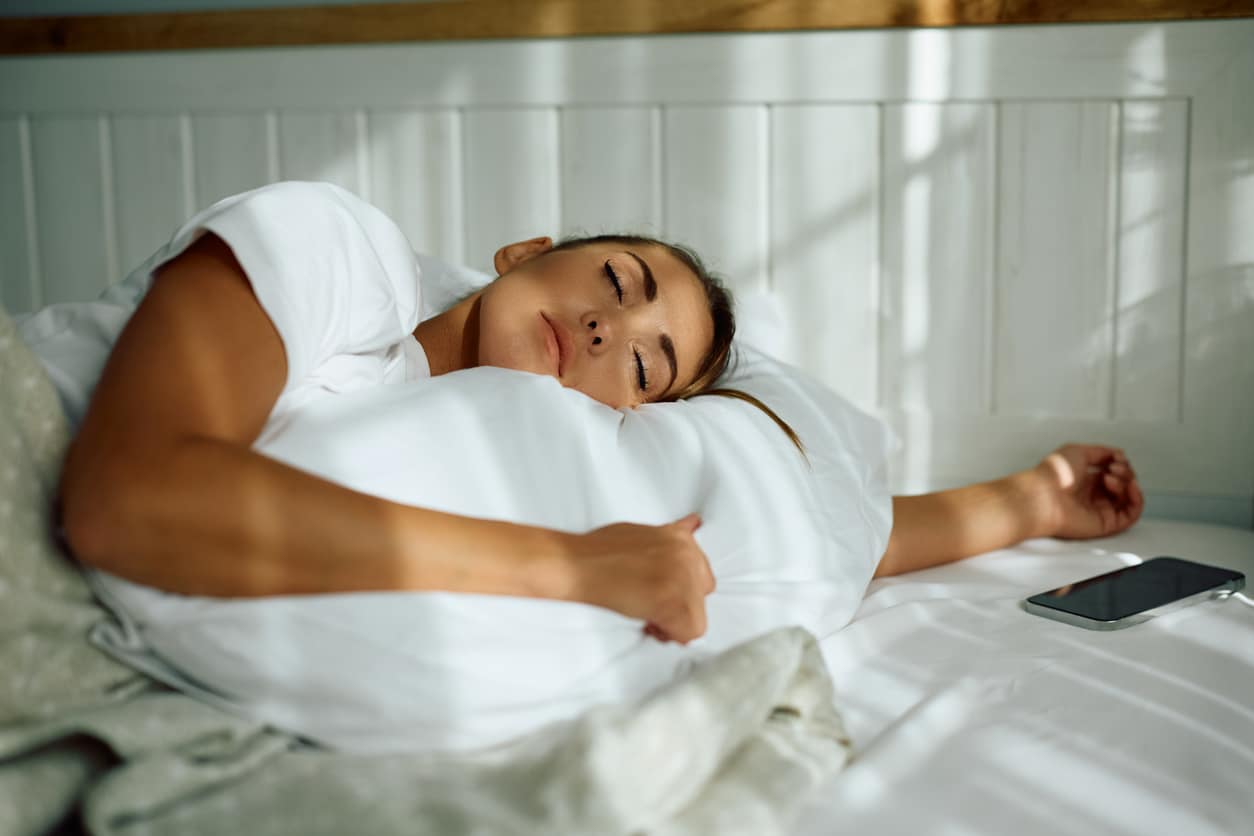Your sleep posture, especially if you spend most nights on your side, can influence more than just how rested you feel. It can also affect the condition of your outer ear and how well your hearing devices hold up over time.
Let’s take a closer look at how your nightly routine could affect your ears.
How Sleep Can Affect Your Ears

Pressing your ear against a pillow night after night can put unexpected strain on your ear’s structure. Over time, this repeated contact may lead to irritation, sensitivity or even more specific conditions.
Issues that may develop due to sleep habits include:
- Soreness or pressure on the outside of the ear
- A tender nodule caused by pressure, known as chondrodermatitis nodularis
- Trapped moisture or wax in the ear canal due to limited airflow
- Discomfort from sleeping with devices like earbuds or hearing aids still in place
These symptoms often go unnoticed until they become a daily annoyance.
Sleeping Well with Hearing Aids
For hearing aid users, there are extra considerations to keep in mind. Falling asleep with your hearing aids in can cause problems for both your ears and your devices.
Here’s what to keep in mind before you turn in for the night:
- Remove your hearing aids before bed to avoid pressure that can cause irritation or damage.
- Leaving in-the-ear devices in overnight may lead to ear canal discomfort or compacted earwax.
- Behind-the-ear models are more prone to being squeezed or broken while lying down.
- Warm blankets and extended wear can introduce moisture, which may interfere with hearing aid functionality.
Taking your hearing aids out at bedtime is a simple habit that can extend their life and protect your ears from unnecessary discomfort.
Sleeping Smarter for Healthier Ears
If your ears often feel sore in the morning, your sleep environment might need a few small tweaks.
Consider these strategies:
- Shift your sleep position occasionally to reduce continuous pressure on one side.
- Look for pillows that provide support without pressing too hard against your ear.
- Try a pillow with a built-in ear recess if you’re dealing with recurring irritation.
Ongoing pain, pressure or shifts in hearing that seem worse after sleep could be a sign that it’s time to consult with a specialist.
To learn more, contact Aaron's Hearing Aid & Audiology Center to schedule an appointment.
